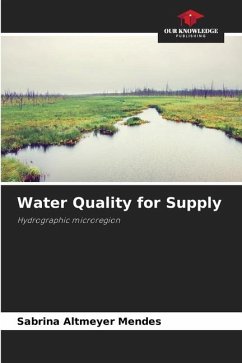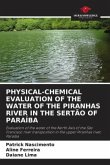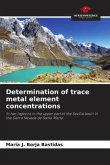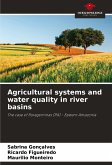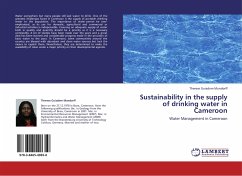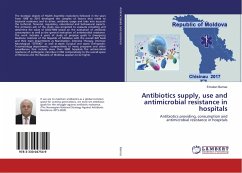One of the main environmental problems in Brazil is the lack of basic sanitation, especially the lack of sewage disposal. This leads to water contamination and causes serious public health problems. Only 57.6% of Brazilian municipalities have a sewage collection system. This paper analyses the sewage systems used in a micro-region of the Várzea River Basin and how they affect the quality of the water used for human supply in this region.
Bitte wählen Sie Ihr Anliegen aus.
Rechnungen
Retourenschein anfordern
Bestellstatus
Storno

